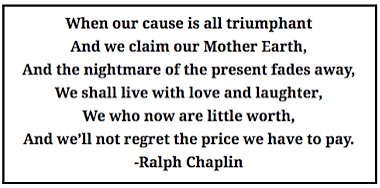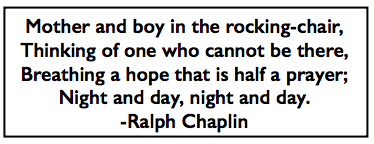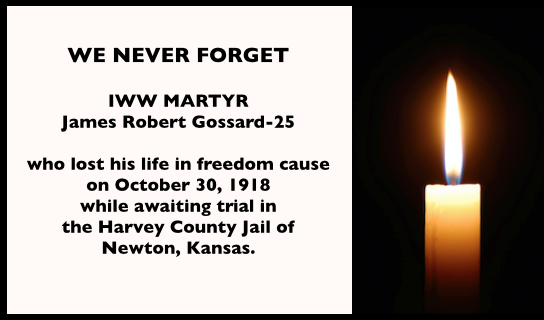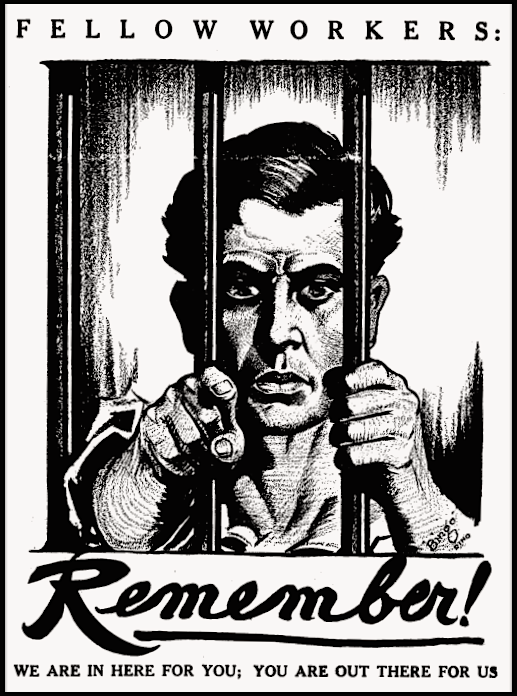 ———-
———-
Hellraisers Journal – Thursday September 11, 1919
I. W. W.’s Languish in Kansas Hell Holes, Part V & VI of Series by W. D. Lane
From The Survey of September 6, 1919:
—–
—–[Parts V & VI of VI.]
V
Several times in this account I have referred to the jails described as having been “chosen” by the United States government for the confinement of prisoners awaiting trial. Let us see what justification there is for the use of this word.
The thirty-four men held under the Wichita indictment were originally taken into custody November 21, 1917. These men were all engaged in the oil industry in Kansas. They were, for the most part, young men, some of them married, some not. Judging from their names-Anderson, Boyd, Gordon, Forbes, Stark, Sapper, Barr, Poe, Gossard, Davis, etc.—many of them were of American or Allied extraction; some foreign names were among them, but only five, so far as I learned, were accused of being enemy aliens. The indictment against them charged violation of the espionage law, the food control law and the selective service law.
On March 10, 1918, a motion to quash this indictment was filed by their attorneys. No ruling on this motion was ever made. The attorneys stood ready, therefore, to go to trial on September 24, the day set. To their surprise, a new indictment was returned on that very day. This was drawn on lines similar to the previous Chicago indictment, which had resulted in sending nearly a hundred I. W. W.’s to prison for terms varying from a few days to twenty years. The attorneys could not at once accept trial on this new indictment, and so they were granted until March 10, 1919, in which to plead.
The men who, in September, had already spent ten months in jail awaiting trial, thus faced another five and a half months of confinement. Miss Lowe, their attorney, undertook to find as comfortable jails as possible, in which, she hoped, they might be allowed to spend the winter. They were then in the Sedgwick county jail, having been transferred to it for the trial. Sheriff Sprout, at Hutchinson, agreed to take twelve of the men, and the sheriff in Winfield, where there was a modern, sanitary jail, agreed to take sixteen. Thinking that she had thus arranged accommodations for twenty-eight, Miss Lowe reported her action to the United States district attorney, Fred Robertson, who was prosecuting the case. Mr. Robertson turned a deaf ear to her plea. In vain did she dwell upon the physical condition of the men and the consequences of spending another five months amid overcrowding and filth. Mr. Robertson said that prisoners had no voice in choosing their places of incarceration, and declared.that he intended to ask Judge John C. Pollock, judge of the United States district court for Kansas, to have all of the men placed in the Wyandotte county jail in Kansas City. This was one of the worst in the state.



 ———-
———-


